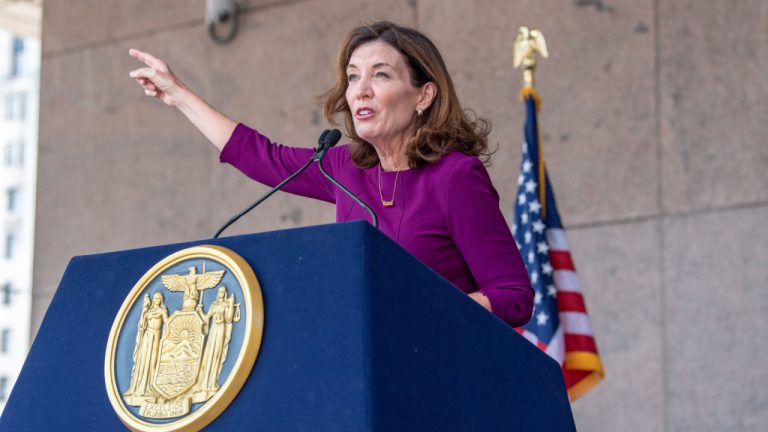
The bill’s sponsor Greg Vitali included a clause that instead subjects miners to ongoing reporting requirements to get the bill past a House Committee.
A Pennsylvania House Representative has cut a two-year crypto mining ban from their bill to regulate the sector’s energy consumption claiming trade labor unions pressured the change.
On Oct. 16, the Pennsylvania House Environmental Resources and Energy Committee passed the Cryptocurrency Energy Conservation Act by a slim margin — 13 for and 12 against — after no movement on the bill since its introduction to the Committee on June 21.
The Committee’s chair and the bill’s sponsor, Democratic Representative Greg Vitali, told local media outlet The Pennsylvania Capital-Star the same day that he was pressured by Democratic Party leaders not to run the bill inclusive of the moratorium.

Rep. Vitali said building trade labor unions had “chronic opposition” to environmental policy and claimed the unions had his Democratic colleagues in their pocket.
“Frankly, [the unions have] the ear of House Democrats, and they have the ability to peel off members who would otherwise be supportive of good environmental policy.”
Vitali claimed voting against the unions would risk the Democratic majority in Pennsylvania’s House and he would rather see the bill pass sans moratorium than not at all.
“I learned the hard way in my first six months as majority chair that there’s not a high tolerance for strong environmental policy,” Vitali added.
The two-year ban would have stopped approvals of new and renewed permits to operate a crypto mining facility. The bill now instills an impact study on miner operations and new reporting requirements.
Related: Bitcoin miners seek alternative energy sources to cut costs
Within six months, miners in with state have to submit information on the number of mining sites operated and the size of each site, along with information on energy sources, emissions reports, and energy and water consumption.
Pennsylvania-based crypto miners will have to submit the reports annually. New miners to the state must submit the same report before starting operations.
Crypto miner Stronghold Digital Mining has set up shop in Pennsylvania — the third-largest coal-producing state in the United States — and purchased two coal-burning power plants on the premise it would turn the plant’s waste into energy to power hundreds of Bitcoin (BTC) mining rigs.
In July, the miner sought approval to burn shredded tires to produce up to 15% of its energy needs, a move strongly opposed by local environmental groups.
Bitcoin mining firm TeraWulf also has a nuclear-powered site in Pennsylvania.
Magazine: Recursive inscriptions — Bitcoin ‘supercomputer’ and BTC DeFi coming soon










